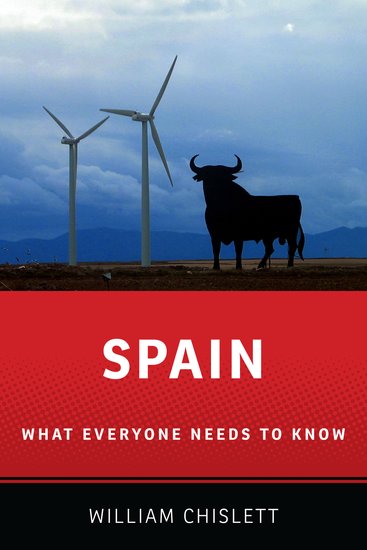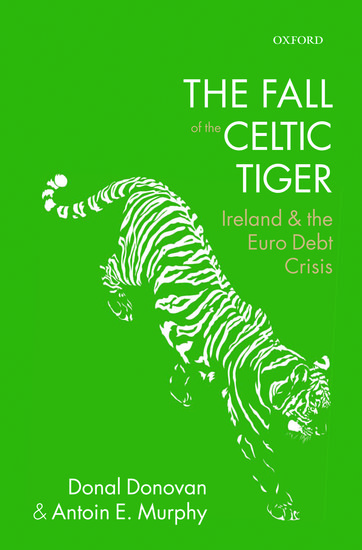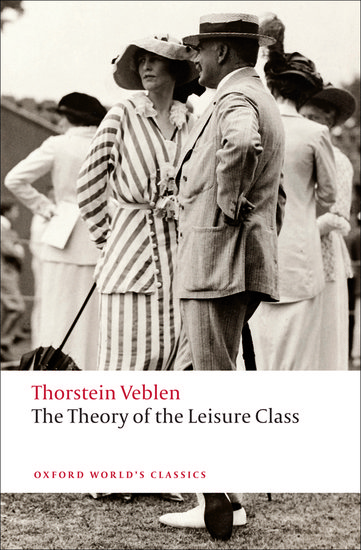Five important facts about the Russian economy
By Michael V. Alexeev
Churchill once famously said that Russia was “a riddle, wrapped in a mystery, inside an enigma.” While this definition was based mainly on Russia’s behavior in international politics in the late 1930s, it could also apply it to Russia’s economy today.










